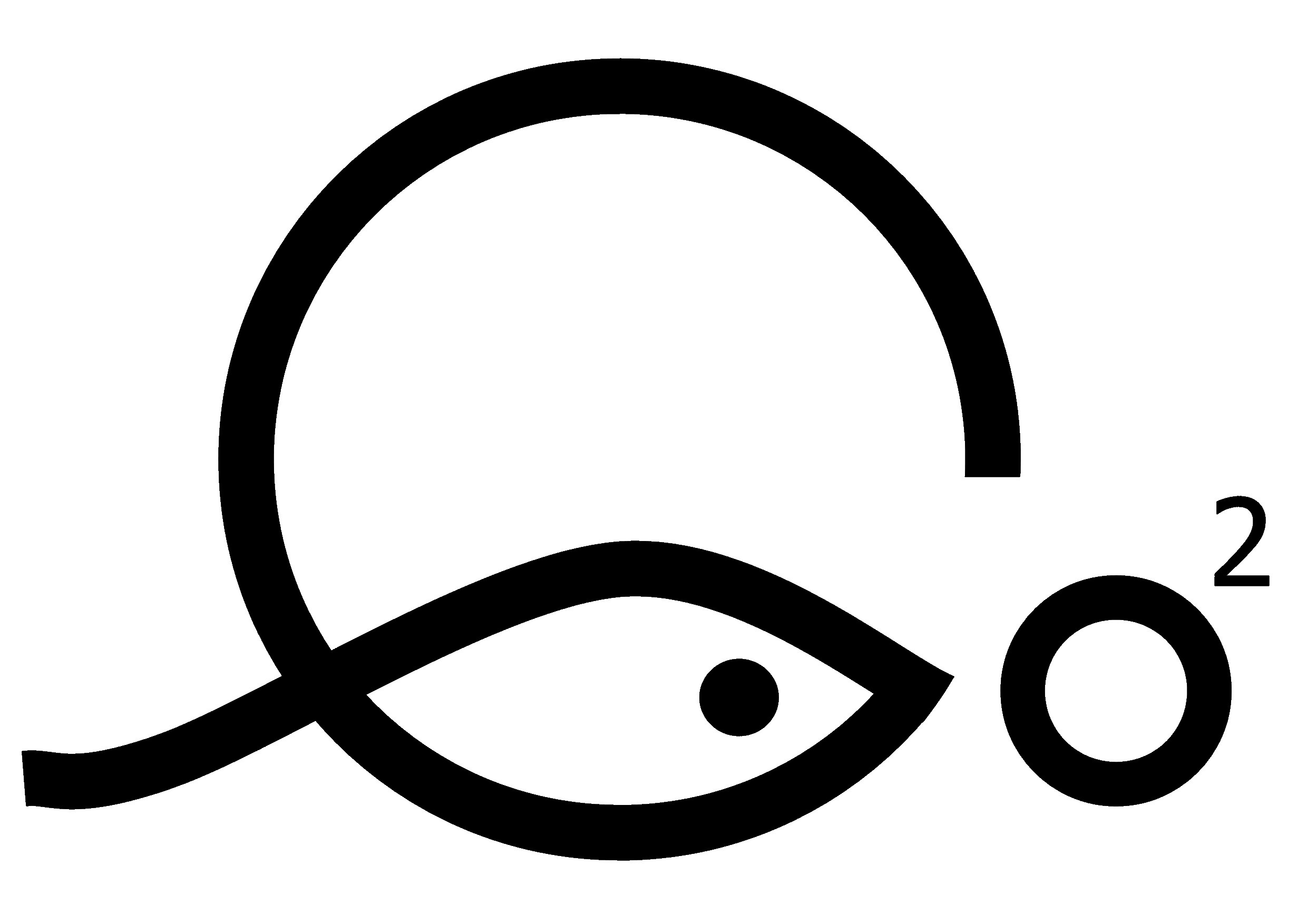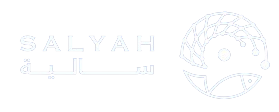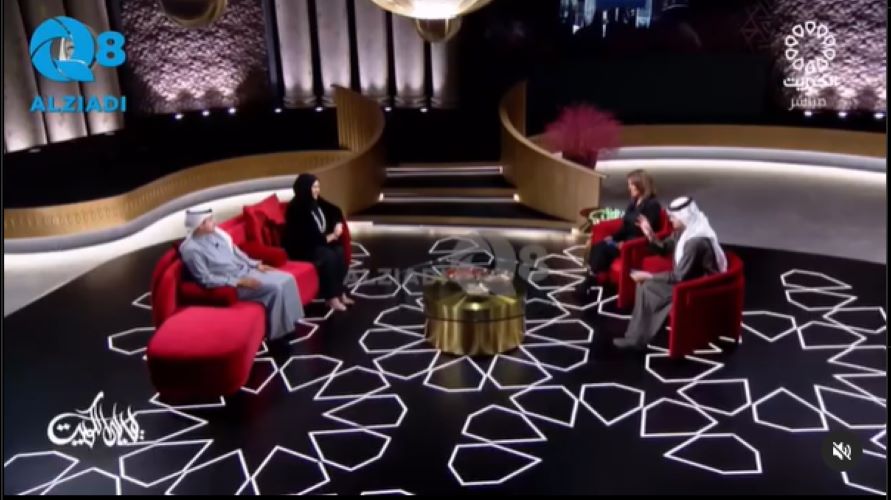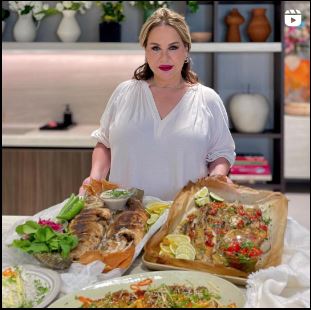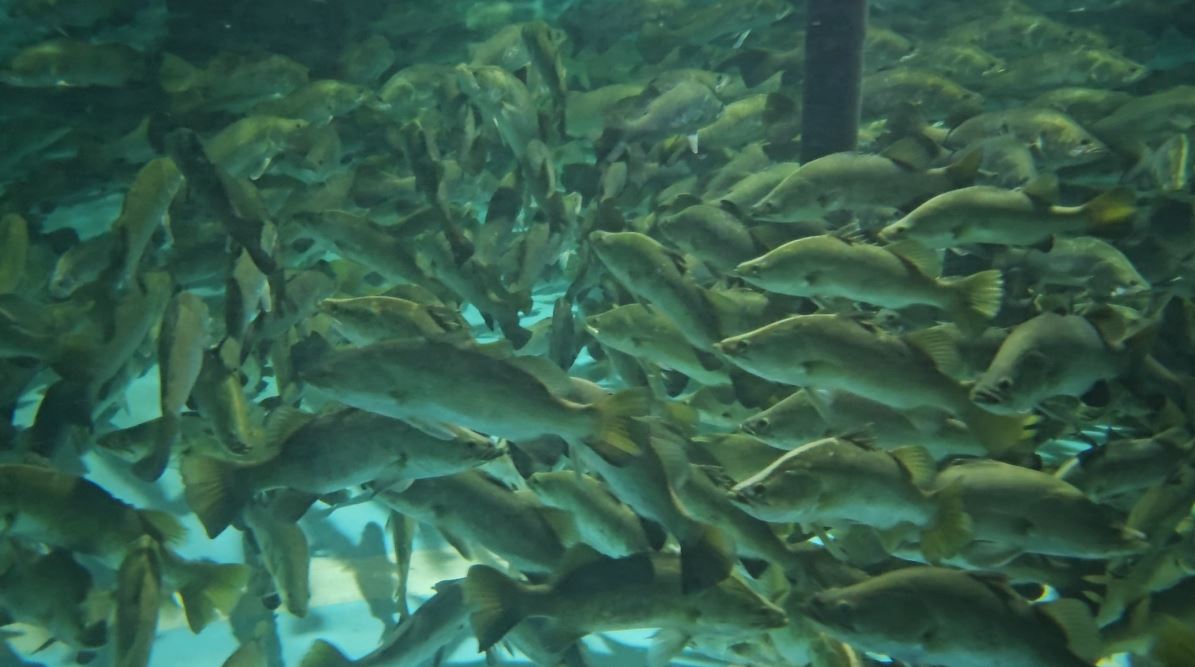From Our Farm to Your Table: Best Fish and Farming Services
Technical Integrated Aquaculture Company, established on January 15, 2020, in Kuwait, operates a cutting-edge 120-150 ton/year aquaculture facility using RAS technology.
With regulatory approvals and long-term lease secured, the company meets growing local seafood demand and offers expansion opportunities in Kuwait and the region. The project emphasizes cost optimization, green energy, and significant social and environmental benefits.
Sustainable Farming
Our eco-friendly fish farming practices ensure fresh, healthy fish, supporting the environment and our communities.
High-Quality Fish Breeding
We breed fish with a focus on quality, ensuring optimal health and taste for a superior dining experience.
Fish Health Monitoring
Our advanced monitoring systems ensure our fish stay healthy, providing you with top-quality seafood.
Innovative Water Management
We utilize modern water filtration systems to maintain high water quality, ensuring a thriving fish environment.
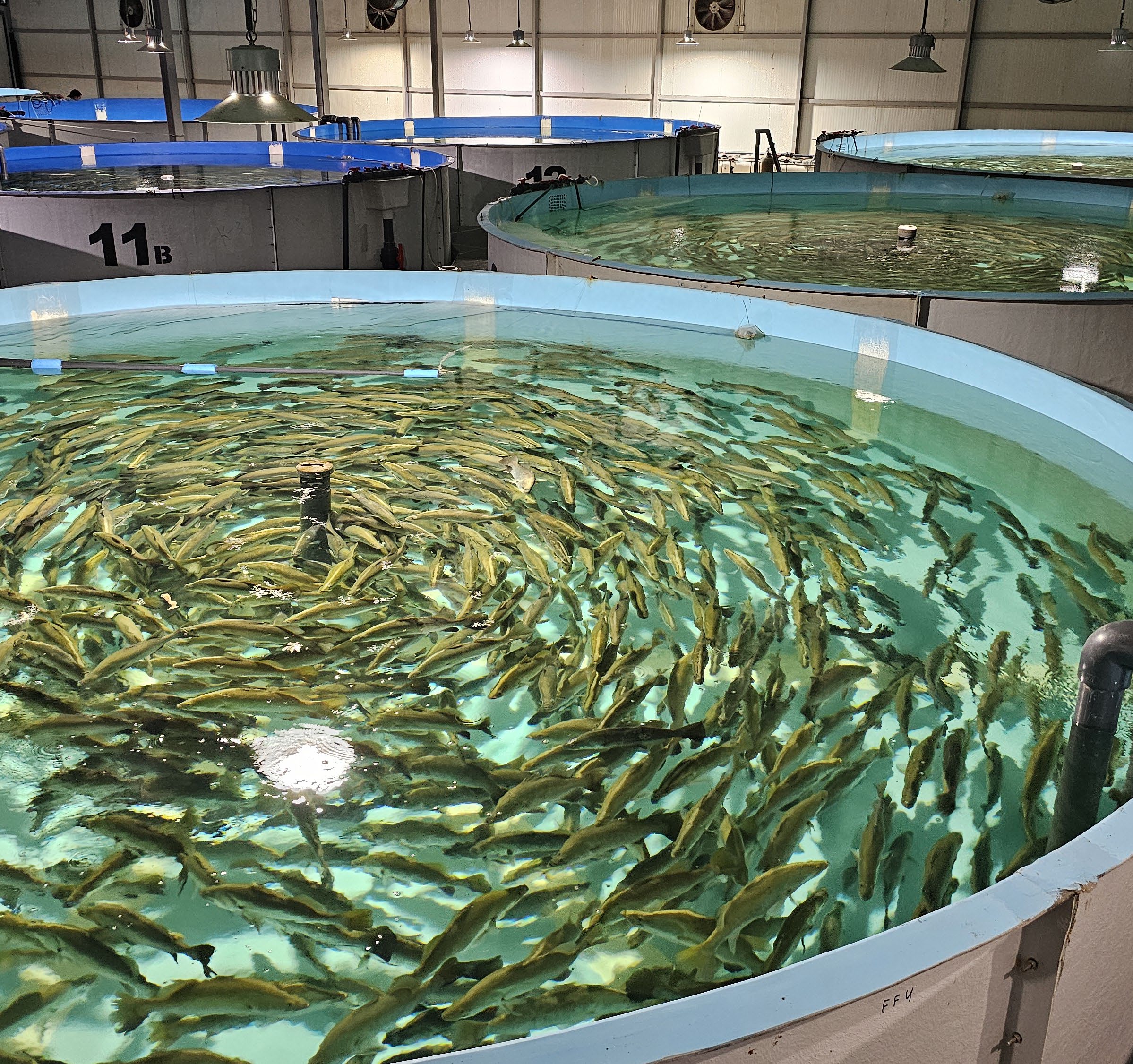
Make Your Life Healthy with Quality Fish
Our commitment is unwavering. With a focus on quality and service, we endeavor to exceed expectations at every turn. Our team's dedication ensures excellence in all that we do. Together, we strive to build lasting relationships and deliver exceptional results.
- Commercial Aquaculture Farm
- Recirculatory Aquaculture System
- Water & Plants Filtration Systems
- Seafood Import Export
A Wide Range Of Fish
Farming Services
Fish Cultivation
We specialize in sustainable fish farming, exclusively focusing on the growth and health of a single, high-quality fish species, ensuring premium standards.
High-Quality Fish Feeds
We source and provide premium fish feeds that ensure optimal growth and health for our fish, maintaining high standards.
Sustainable Practices
Our fish farming methods emphasize sustainability, using advanced techniques to minimize environmental impact.
Our Fish Farming
Process
Fingerlings Production
With construction underway for our Hatchery, we're on course to achieve self-sufficiency in fingerling production by 2024. This strategic move will eliminate the need for imports, ensuring greater control, lower costs, and enhanced sustainability.
Grow-out Phase
Barramundi fish take 7-9 months to reach marketing size. We conservatively estimate 9-12 months for our financial model. Feed conversion ratio (FCR) is maintained at 2:1 for optimal efficiency.
Harvest Phase
Fingerlings are imported in stages to ensure smooth harvest and market supply. Sale prices are carefully calculated to be at least 30% lower than wholesale market prices.
Environmental Impact
The use of RAS aims to reduce water consumption and mitigate environmental impact by efficiently cleaning waste. This system also allows for potential aquaponics integration, further enhancing sustainability.

